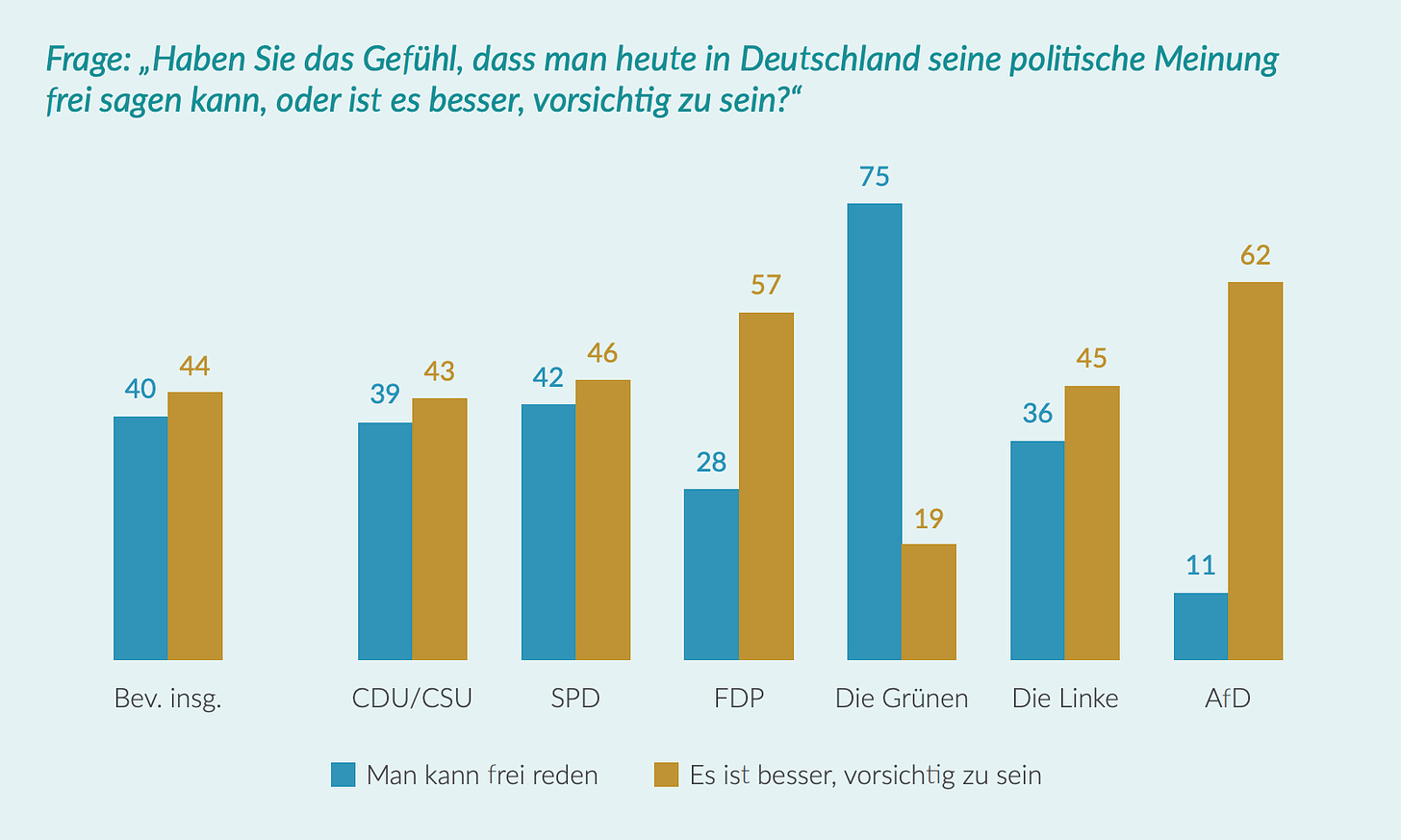Writes Paul Craig Roberts (emphasis in the original):
America’s reputation as “the land of the free” is rooted in the Anglo-Saxon legal and political tradition, not in diversity and multiculturalism. Law as a shield of the people instead of a weapon in the hands of rulers is a British achievement that Britain’s American colonies inherited. It was the accomplishment of a specific ethnicity known as Anglo-Saxon. Bringing rulers to the same accountability to law as the lowest peasant was a centuries-long process beginning with Alfred the Great in the 9th century and culminating in the Glorious Revolution of 1680.
In this legal tradition law is based in the customs and mores of the people, not on edicts issued from rulers, government bureaucrats, regulatory agencies, and activist judges. Obviously, this conveys an ethnic basis to law. A Tower of Babel–the fate of all diminishing white countries today–has no common customs and mores and no basis for law other than rulers’ edicts enforced by power.
Throughout the Western World today the people have lost the protection of law as a shield and suffer under rulers who wield law as a weapon. In the United States today demonstrators and rally attendees are turned into “insurrectionists” and sentenced to prison. Even US President Donald Trump is being subjected to four fake felony prosecutions in order to prevent him from being elected president.
[. . .]
In my book, The Tyranny of Good Intentions published 23 years ago, I pointed out that “law and order conservatives” enabled government to set aside protective aspects of law in order to easier and more certainly convict the Mafia, drug users, child abusers–whoever the target was at the specific time. I said that the law that is set aside in the interest of easier conviction is also set aside for the rest of us who are not Mafia, drug and child abusers, and that this conversion of law into a weapon would destroy nine centuries of Anglo-Saxon accomplishment in shielding people from arbitrary prosecution by rulers.
This has now happened. The British who created civil liberty and the Americans who inherited it have lost the protection of law.
“Law and order conservatives” determined to incarcerate criminals, “patriotic conservatives” anxious to protect “national security” from “the Muslim threat,” and woke ideologues determined to demonize and even criminalize white people as racists, while overrunning the ethnic basis of their countries with immigrant-invaders, together brought about the destruction of law as a shield of the people.
[. . .]
You can see the lawlessness everywhere in the US and its Western puppet states. A British journalist was arrested for exposing the despicable Trudeau applauding a member of the Nazi SS.
American parents are arrested, even beaten, for protesting at school board meetings that their kids are being brainwashed that they are racists and their daughters are being sexually assaulted in rest rooms by males claiming to be transgendered females despite still having the male sexual apparatus and lusts.
[. . .]
William Blackstone wrote that weaponized law is tyranny and that when executive power weaponizes law, it is incumbent upon Parliament to impeach and punish the conduct of the government’s “evil and pernicious counselors.” The US Congress has taken no such steps, which means the legislature has abdicated its responsibility and assented to the establishment of tyranny.
The Empire of Lies has deep-sixed William Blackstone’s “rights of Englishmen” embodied in the US Constitution as the Bill of Rights.
[. . .]
In the framework of Identity Politics imposed on us by liberals and the Democrat Party, the inculcation of hate is the most important element. Hate is inconsistent with objective law. There can be no hope for a rule of law until Identity Politics is purged and unity among the people restored.
